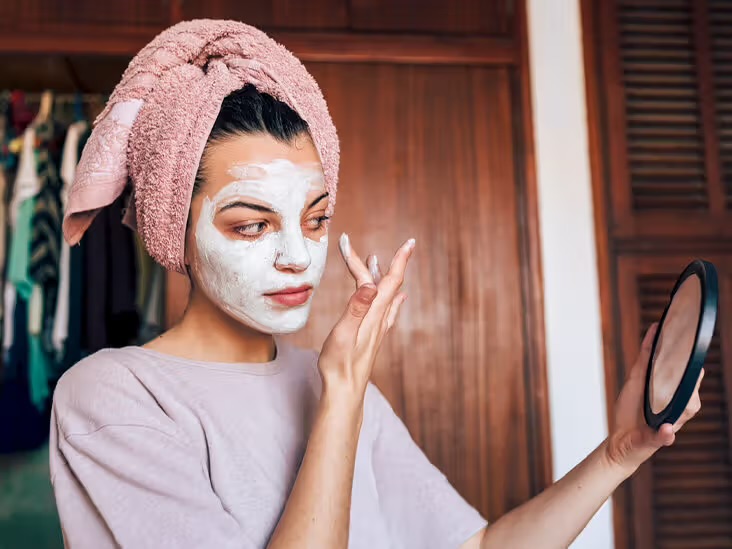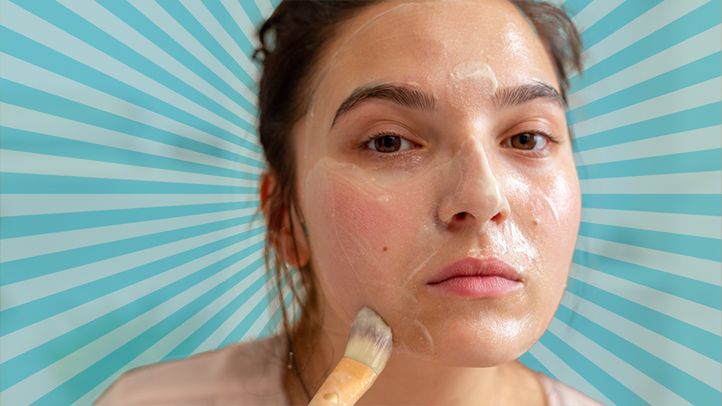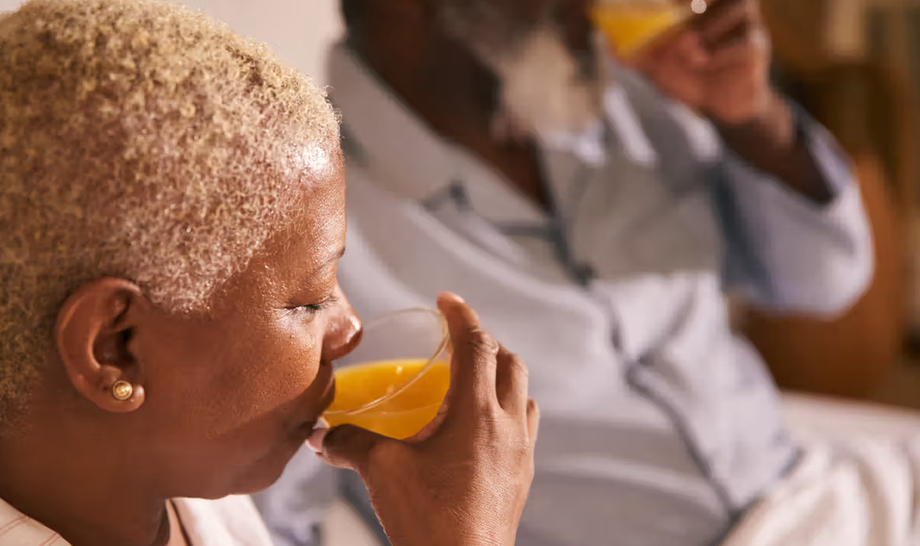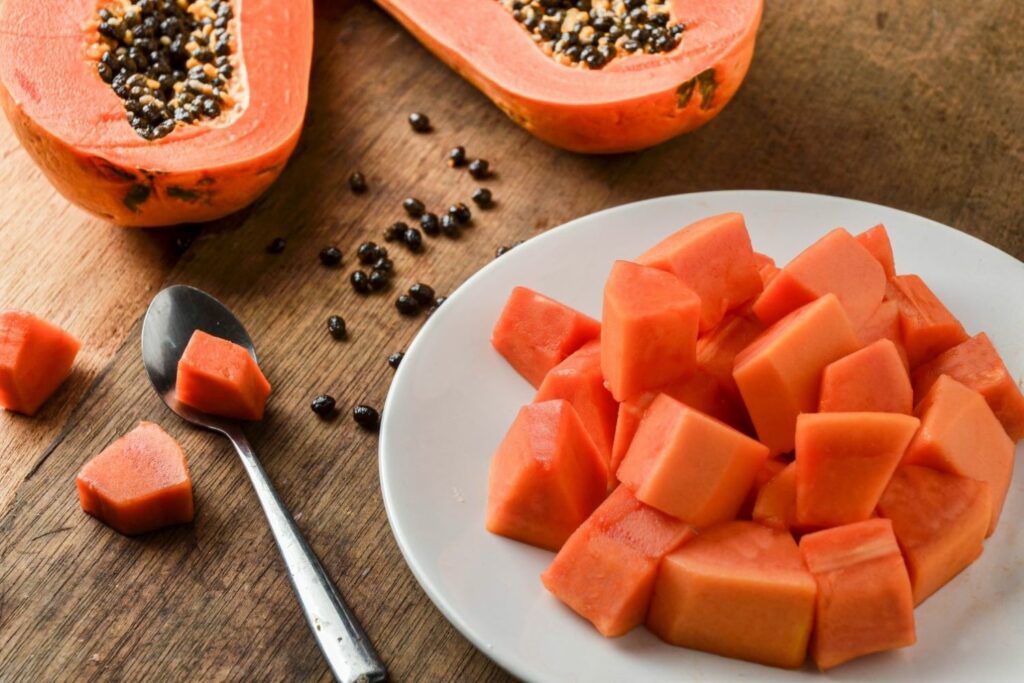Home Remedies for Acne: What Really Works in Hot Climates

Living in Nigeria or any other tropical region comes with a price beyond just heat: your skin pays for it too. High temperatures, humidity, and excessive sweating trigger a perfect storm for acne breakouts. When sweat mixes with oil, bacteria, and dead skin cells, it clogs your pores; leaving behind whiteheads, blackheads, and inflamed pimples.
For people with naturally oily or acne-prone skin, the problem can get worse during the dry season’s dust or wet season’s humidity, both of which alter your skin’s pH balance and oil production.
While cosmetic brands flood the market with products promising overnight miracles, many of these are expensive, overly harsh, or simply ineffective in our tropical climate. That’s why natural, affordable home remedies remain a trusted alternative.
But here’s the thing: not all home remedies work in hot climates. So, which ones do?
1. Honey and Turmeric Mask – Nature’s Antibacterial Duo
Why it works:
Honey is a natural humectant; it retains moisture without clogging pores while turmeric boasts strong antibacterial and anti-inflammatory properties. In hot climates, this combo is perfect because it fights acne-causing bacteria and cools inflammation caused by excessive sweating.
How to use:
• Mix 1 tablespoon of raw honey with ½ teaspoon of turmeric powder.
• Apply to the face and leave for 15 minutes.
• Rinse with lukewarm water and pat dry.
Use this mask 2–3 times a week, preferably at night to avoid sunlight irritation from turmeric.
Pro tip: Always use organic turmeric to avoid skin staining from synthetic colorants.
2. Lime Juice and Rose Water – Astringent and Cooling Tonic
Why it works:
Lime juice is rich in Vitamin C and helps dry out excess oil, while rose water soothes heat-induced irritation. In hot weather, this mixture shrinks pores and reduces oiliness; two major acne triggers.
How to use:
• Mix 1 teaspoon of freshly squeezed lime juice with 1 tablespoon of rose water.
• Dab gently onto clean skin using a cotton pad.
• Leave it on for 10 minutes, then rinse with cool water.
Use it no more than 2–3 times weekly to avoid skin irritation.
Note: Lime juice can make skin photosensitive. Use only at night and never before sun exposure.
3. Aloe Vera Gel – Cooling Relief from Nature
Why it works:
Aloe vera is nature’s answer to burns, irritation, and inflammation. In hot climates, it not only soothes sun-stressed skin but also reduces swelling and redness associated with acne.
How to use:
• Extract fresh gel from the aloe vera plant.
• Apply directly to the face and leave it on overnight.
• Wash off in the morning with lukewarm water.
This can be used daily and is especially effective after sun exposure.
Pro tip: Store aloe gel in the fridge for an ultra-cooling sensation during heatwaves.
4. Sea Salt Steam – Open Pores and Detoxify
Why it works:
Steaming helps open up pores, making it easier to release trapped oil and bacteria. When sea salt is added, its mineral content helps detoxify the skin and reduce bacterial buildup.
How to use:
• Boil a bowl of water and add 1 teaspoon of sea salt.
• Lean over the bowl, drape a towel over your head, and steam for 5–10 minutes.
• Afterward, gently exfoliate with a clean cloth and rinse.
Do this once or twice a week.
Note: Not suitable for people with severe inflammatory acne or rosacea; it can aggravate redness.
5. Cucumber Juice and Clay Mask – Deep Cleanse and Cool Down
Why it works:
Cucumber is 95% water, offering hydration and cooling in hot weather, while clay (like bentonite or kaolin) absorbs deep-seated oil and toxins from your pores.
How to use:
• Blend half a cucumber and strain the juice.
• Mix with 2 tablespoons of clay powder to form a paste.
• Apply evenly and leave for 20 minutes.
• Rinse with cool water and follow with a light moisturizer.
Use this treatment once a week for detox and rejuvenation.
Mistakes to Avoid When Using Home Remedies in Hot Climates
Hot climates require balance, not excess. Many people unintentionally worsen acne by:
• Over-washing their face: Washing more than twice a day strips the skin of natural oils, causing even more oil production.
• Using lemon or lime undiluted: This can cause chemical burns when exposed to sunlight. Always dilute citrus juices.
• Skipping sunscreen: Even when treating acne, your skin needs protection. Opt for oil-free sunscreens.
• Popping pimples: This increases bacteria spread and leads to dark spots which take months to fade, especially on melanated skin.
Hydration and Diet Matter Too
It’s not just about what you put on your face but what you put in your body. In tropical regions like Nigeria, where dehydration is common, drinking enough water can significantly impact your skin’s clarity. You should aim for at least 2.5 to 3 litres of water daily.
Also, limit fried foods and sugary snacks, which can increase insulin levels and trigger acne breakouts. Instead, increase your intake of:
• Fresh fruits like watermelon, oranges, and cucumber
• Leafy greens
• Zinc-rich foods like beans and eggs
When to See a Dermatologist
While home remedies are helpful for mild to moderate acne, if you’re dealing with:
• Painful cystic acne
• Dark, stubborn hyperpigmentation
• Persistent breakouts that last over 6 months
…it’s time to consult a certified dermatologist. Acne can sometimes be hormonal, and only a medical professional can help with accurate diagnosis and prescription treatment.

Managing acne in hot climates like Nigeria’s requires more than surface-level care. It demands a balance between gentle cleansing, cooling remedies, and lifestyle discipline. The home remedies listed above are safe, effective, and tested for tropical conditions making them ideal for young adults, students, and professionals living in warm environments.
Remember, great skin isn’t about perfection; it’s about consistency and care.



.png)
